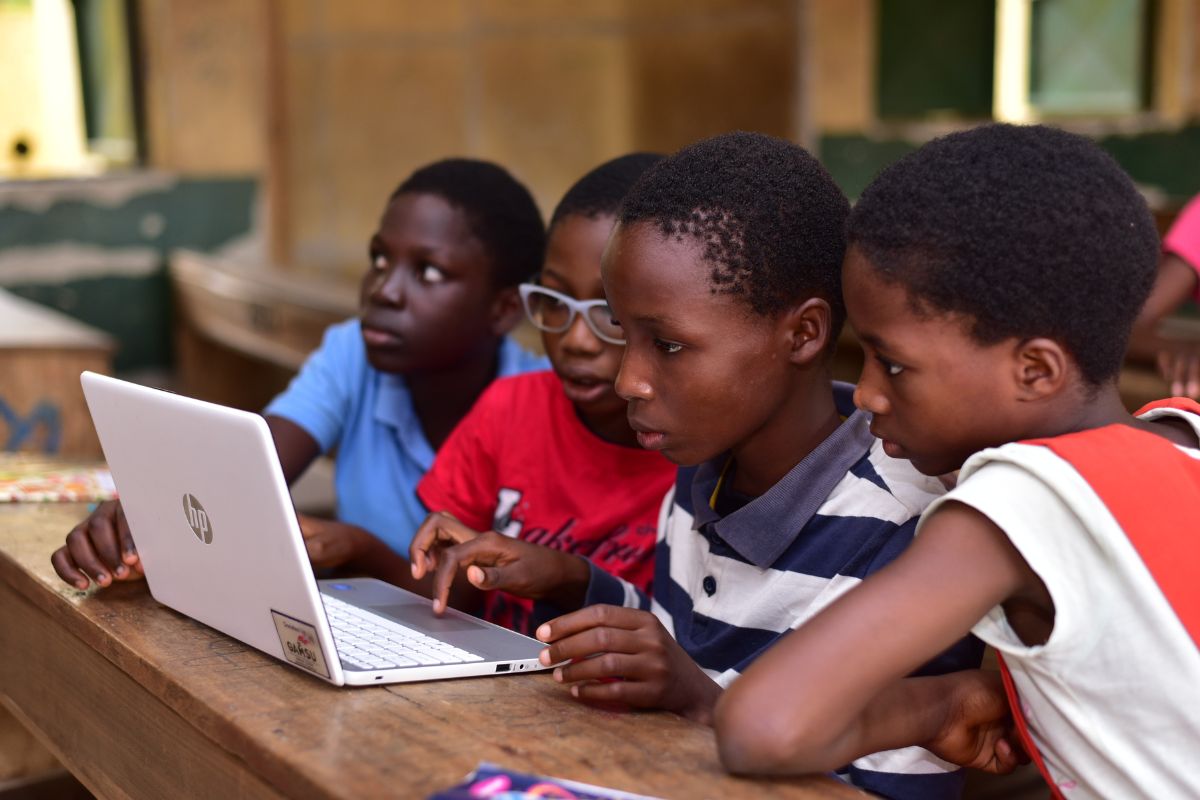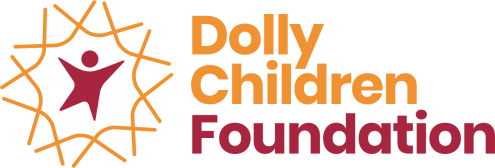
Quality Education Can Transform Society
Efforts to transform society are usually orchestrated through the revitalization of education. This portrays the potency of education to promote the development of society. Quality education remains pivotal to the development and transformation of society. This is why developed economies of the world invest heavily in education because of its importance.
There exists a symbiotic relationship between education and society which is supposed to yield mutual benefits. According to Kofi Annan, “Knowledge is power. Information is liberating. Education is the premise of progress, in every society, in every family.” Most ills in society are attributable to poor quality of education as any educational programme that is intellectually sound, morally upright and socially relevant would transform society positively.
Nelson Mandela captured the transformational power of education thus: “Education is the most powerful weapon which you can use to change the world.” When people are educated, they can significantly contribute to their families and society in various ways, thus creating a stable and stimulating community.
Some of the ways quality education can transform society are:
- Human capital development: Education is a human refinery that polishes mankind with skills, knowledge and wherewithal to be useful to self and society. The contribution of educated persons to society is unparalleled when compared to uneducated persons. A genuinely educated population normally translates to a productive society.
- Reduction or eradication of poverty as it empowers the citizenry with requisite skills, experience and knowledge for employment. This is because quality education makes people to be globally competitive in the labour market which translates to securing high-paying jobs which improve the income accruable to a community. Education empowers members of a society not only to be job seekers but also job creators as such sheltering many against financial storms.
- Provide individuals with sound minds and souls to contribute meaningfully to the growth and development of society by making sound and insightful decisions. Education provides us with considerable mental agility to make the right decisions and spring into action when needed.
- Promote social justice and harmony: Barbaric practices that characterized most African communities are fizzling out gradually even though not totally because of somewhat improved education access. Society now frowns at some dehumanizing acts that were hitherto viewed as socially acceptable. Education offers the possibility for the citizenry to live independently and thus free from any social encumbrances.
- Development of 21st-century skills that will translate to building a strong and modern society. Any community with creative minds who could look at social issues collaboratively and communicate their ideas constructively and meaningfully is on the highway to development and transformation. This is what most education systems fail to inculcate in students in Africa.
Education remains the panacea to most social problems whether directly or indirectly and until genuine efforts are made to provide sound and quality education to the citizenry communities would remain in a sham.
In the words of John Dewey reiterating the relevance of education, “Education is not preparation for life; education is life itself.” So any community without educated persons is dead.
By Sunday Abua
Author
Dolly Children Foundation
We are inspiring the African child to adopt 21st – century skills through education, capacity building and advocacy programmes.



